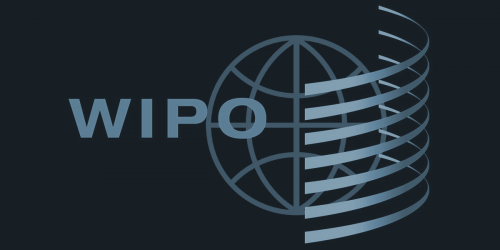Geneva - Our latest trip to the World Intellectual Property Organization (WIPO) ended last week, and we registered victories on all three of the issues that we've been following. First, the Development Agenda -- which looks at WIPO's impact on developing nations -- will continue to be a central part of the organization's work in 2006. Even as developed countries like the U.S., Japan, and most European states tried to shunt these proceedings into a committee that hadn't met for two years, developing countries from around the globe fought to keep their future on the front burner. A compromise was reached, and the Development Agenda will proceed in a provisional body specifically tasked with producing concrete recommendations for next year's General Assembly Meeting.
The forces of radical protectionism were also stymied in their push on the Broadcasting Treaty, a proposed text that would grant broadcasters and webcasters copyright-like rights over the content they transmit. Its supporters wanted a "diplomatic conference" -- the last step before a treaty is ready for signatures -- in the first quarter of 2006. But they were denied, and the treaty will be dissected in at least two more meetings before a diplomatic conference is discussed again.
Finally, we're happy to report that we will be entering future WIPO battles with a host of new allies (and a few new adversaries). WIPO approved the pending memberships of all the NGOs with outstanding applications, ending the year-long fight to include broader representation of civil society. This help is most welcome as we embark on the next round in the fight for balanced information policy at WIPO.






